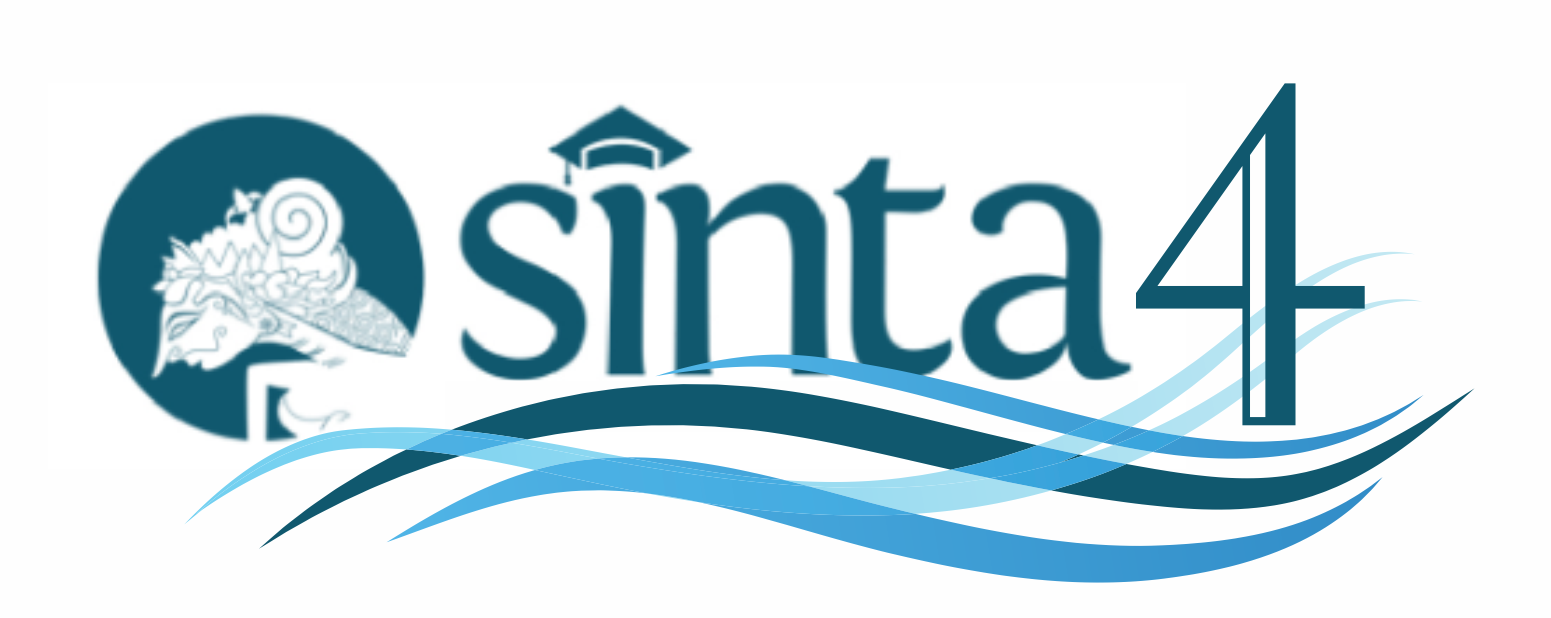Jurnal Pengabdian Masyarakat - Teknologi Digital Indonesia (JPM) follows the principles of the Committee on Publication Ethics (COPE) for its statements of ethics.
Allegations of fraud
Jurnal Pengabdian Masyarakat - Teknologi Digital Indonesia (JPM) takes allegations of pre- and post-publication misconduct seriously. Check all information to identify any kind of fraudulent activity. If the allegations are true, we reserve the right to take any action including, but not limited to: withdrawing the article. Please discuss this matter with the relevant author institution and department or dean of the academic institution or community, or take appropriate legal action.
Authorship and Contributions
Authors must correctly cite all works mentioned in an article (article or dataset) both in the body of the text and in the bibliography. Self-citations are allowed as long as they are relevant to the topic discussed.
Conflicts of Interest/Competing Interests
Conflicts of interest can influence the judgment of authors, reviewers, and editors, and authors should avoid conflicts of interest or the appearance of conflicts throughout the research process. Any such interest (or lack thereof), such as a role in the project or funding source, should be explicitly stated by the author when submitting the manuscript. If the manuscript is published, such statements will be issued within the article. If there is any doubt as to whether a situation constitutes a conflict of interest, it should be disclosed so that the editor can assess its significance. Questions regarding potential conflicts of interest should be directed to Jurnal Pengabdian Masyarakat - Teknologi Digital Indonesia (JPM).
Data and reproducibility
The editorial board or reviewers are responsible for identifying the use of fake data. In case of doubt, the editor will consult several other reviewers and enter into dialogue with the author. Jurnal Pengabdian Masyarakat - Teknologi Digital Indonesia (JPM) also reserves the right to review the author's records if there are concerns regarding the falsification of data.
ethical supervision
Jurnal Pengabdian Masyarakat - Teknologi Digital Indonesia (JPM) is also concerned about ethical issues such as respondent/informant consent, sensitive data handling, and ethical business/marketing practices. intellectual property
By posting in Jurnal Pengabdian Masyarakat - Teknologi Digital Indonesia (JPM) as described in the "Copyright Notice", the author grants third parties the right to use the article to the extent permitted by Creative Commons Attribution-ShareAlike 4.0 To do.
Copyright on articles is retained by the respective author(s), without restrictions. A non-exclusive license is granted to Jurnal Pengabdian Masyarakat - Teknologi Digital Indonesia (JPM) to publish the article and identify itself as its original publisher, along with the commercial right to include the article in a hardcopy issue for sale to libraries and individuals.
Every article submitted in Jurnal Pengabdian Masyarakat - Teknologi Digital Indonesia (JPM) will be checked with plagiarism-checking software. Articles with a similarity index of more than 25% will be rejected upon submission. For duplicate publications and salami publications, we encourage the readers and peer-reviewers to inform us of these types of misconduct. Duplicate publication (sometimes called redundant or dual publication) implies reporting identical or very similar data in multiple papers. Salami publication (also known as salami slicing and salami publishing) refers to the inappropriate fragmentation of data into the smallest publishable units.
Post-publication discussions and corrections
Jurnal Pengabdian Masyarakat - Teknologi Digital Indonesia (JPM) allows changes in article post-publication. Correction, revision, or retracting articles post-publication can be done through discussion between the authors and the Editorial Board.
In the copy-editing and proofreading process, the editor will make changes to the text without changing the meaning if there is a grammatical error, spelling, or ineffectiveness of the sentence. Prior to the publication of the article, the results of the copy-editing and proofreading will be provided to the author for approval


1.png)



